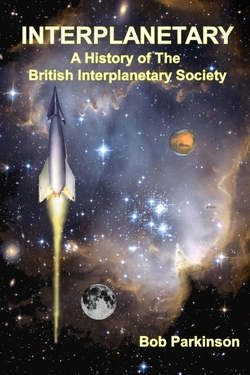John Updike reviews Walter Isaacson’s new biography of Einstein in The New Yorker, from which this excerpt on why a job in the Swiss patent office was actually a good thing for the young genius:
“Had he been consigned instead to the job of an assistant to a professor,” Isaacson points out, “he might have felt compelled to churn out safe publications and be overly cautious in challenging accepted notions.” Special relativity has a flavor of the patent office; one of the theory’s charms for the fascinated public was the practical apparatus of its exposition, involving down-to-earth images like passing trains equipped with reflecting mirrors on their ceilings, and measuring rods that magically shrink with speed from the standpoint of a stationary observer, and clocks that slow as they accelerate — counterintuitive effects graspable with little more math than plane geometry.
Einstein would later say, upon taking his first professorship (at Zurich), that in doing so he had become “…an official member of the guild of whores.” So much for academe. This review moves the book up on my list (and I’ve always thought no biographer would ever equal Abraham Pais’ Subtle Is the Lord — maybe Isaacson will change my mind). The book is Einstein: His Life and Universe (Simon & Schuster, 2007), and you can read Updike’s review here. Thanks to Larry Klaes for the pointer to this one.


Cool. Here’s something related and interesting. This is an online copy of “Relativity, The Special and General Theory,” written by Albert Einstein huimself.
http://www.bartleby.com/173/
I particularly like chapter 20. Here, he explains the General Relativity Equivalence Principal. Here’ a direct link to it.
http://www.bartleby.com/173/20.html
On the role of the Michelson-Morley experiment: Einstein in Chicago
Authors: Jeroen van Dongen
(Submitted on 11 Aug 2009)
Abstract: This article discusses new material, published in Volume 12 of the Collected Papers of Albert Einstein, that addresses Einstein’s knowledge of the Michelson-Morley experiment prior to 1905: in a lecture in Chicago in 1921, Einstein referred to the experiment, mentioned when he came upon it, and hinted at its influence. Arguments are presented to explain the contrast with Einstein’s later pronouncements on the role of the experiment.
Comments: Archive for History of Exact Sciences, in press
Subjects: History of Physics (physics.hist-ph)
DOI: 10.1007/s00407-009-0050-5
Cite as: arXiv:0908.1545v1 [physics.hist-ph]
Submission history
From: Jeroen van Dongen [view email]
[v1] Tue, 11 Aug 2009 17:22:43 GMT (172kb)
http://arxiv.org/abs/0908.1545